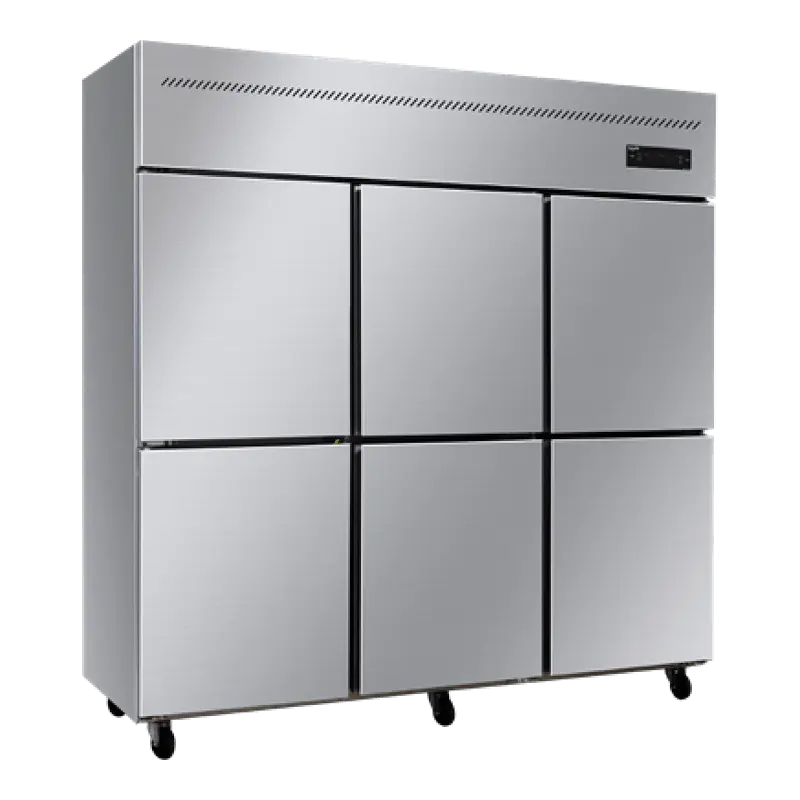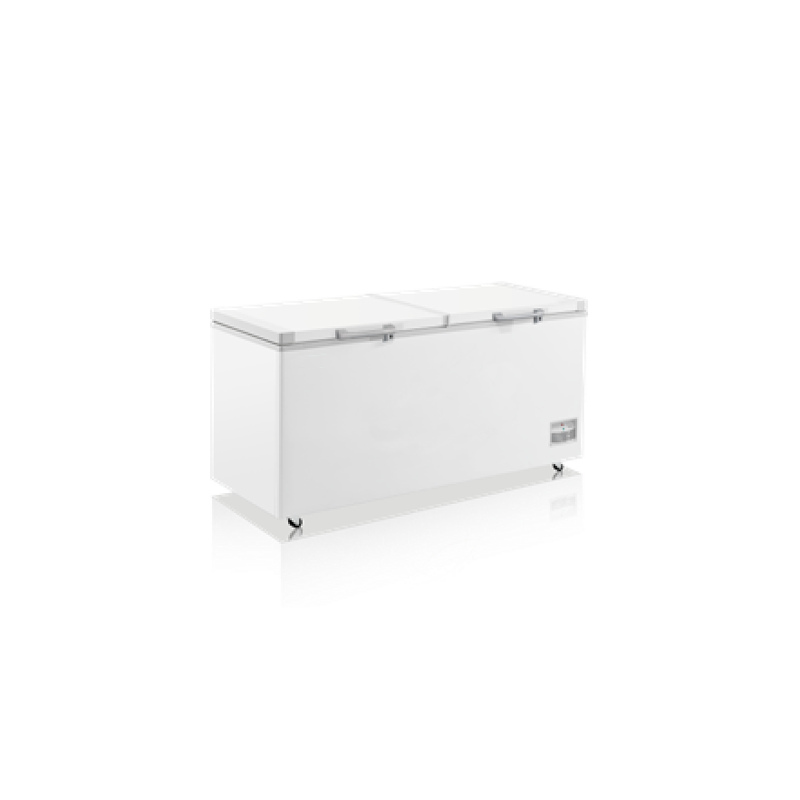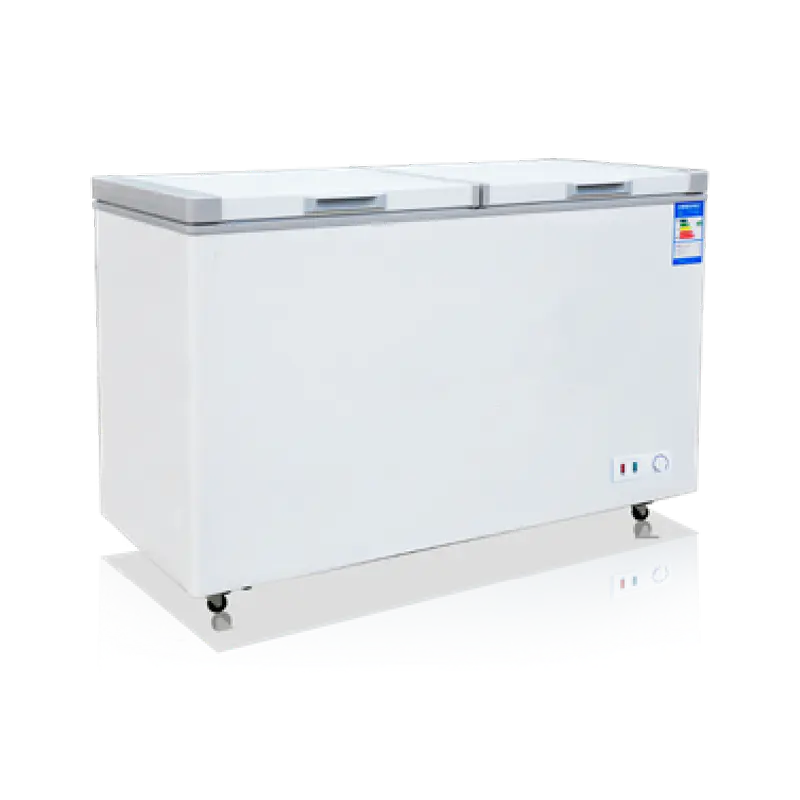Future Trends in Refrigeration: Innovations and Sustainability
Emerging Refrigeration Technologies
As the demand for more energy-efficient and environmentally friendly solutions increases, refrigeration technologies are evolving rapidly. New innovations are reshaping the industry, providing enhanced performance, reduced energy consumption, and lower environmental impact. This section explores some of the most notable advancements in refrigeration technologies.
Magnetic Refrigeration
Magnetic refrigeration, a promising alternative to conventional gas-compression refrigeration, leverages the magnetocaloric effect. By applying a magnetic field, the material heats up and cools when the field is removed, offering an energy-efficient and eco-friendly solution. This technology could potentially eliminate the use of harmful refrigerants like CFCs and HCFCs, which are known for their contribution to global warming.
Cryogenic Refrigeration
Cryogenic refrigeration operates at extremely low temperatures, typically using liquefied gases like nitrogen or helium. It's used in industries that require temperatures well below freezing, such as in semiconductor manufacturing and medical applications. Cryogenic refrigeration systems are becoming more energy-efficient, with advances in vacuum insulation and compression technology, enabling better performance while minimizing energy waste.
Sustainability and Eco-Friendly Practices
Sustainability has become a central focus in refrigeration, driven by both environmental concerns and regulatory changes. The future of refrigeration will be heavily influenced by innovations that reduce the carbon footprint, improve energy efficiency, and utilize natural refrigerants. Below are some key trends related to sustainability in refrigeration.
Natural Refrigerants
Natural refrigerants, such as carbon dioxide (CO2), ammonia, and hydrocarbons, are gaining traction due to their lower global warming potential (GWP) compared to synthetic refrigerants. CO2, in particular, is being used in both commercial and industrial refrigeration systems. It’s non-toxic, non-flammable, and has a GWP of just 1, making it an ideal choice for sustainable refrigeration practices.
Energy-Efficient Systems
As energy costs continue to rise, manufacturers are increasingly focused on creating refrigeration systems that offer better energy efficiency. Variable-speed compressors, advanced heat exchangers, and smart sensors are being integrated into systems to optimize energy use. These systems automatically adjust the cooling capacity based on the load, resulting in significant energy savings over time.
Smart Refrigeration and IoT Integration
The integration of smart technologies and the Internet of Things (IoT) is revolutionizing refrigeration systems. These technologies offer the ability to monitor and control refrigeration units remotely, improving efficiency and reducing the likelihood of equipment failure. Below are some of the key features of smart refrigeration systems.
Remote Monitoring and Control
Smart refrigeration systems come equipped with sensors and wireless connectivity, allowing for remote monitoring and control. Operators can access real-time data on temperature, humidity, and energy usage through mobile apps or web portals. This enables them to make adjustments to settings, perform predictive maintenance, and troubleshoot issues before they escalate into costly breakdowns.
AI and Predictive Maintenance
AI-powered algorithms are being used to predict potential failures in refrigeration systems by analyzing historical data. This predictive maintenance approach helps prevent unexpected breakdowns and reduces downtime. By predicting when parts may need to be replaced or serviced, businesses can save on repairs and extend the life of their equipment.
Modular and Scalable Refrigeration Systems
Modular refrigeration systems are becoming increasingly popular due to their flexibility and scalability. These systems allow businesses to add or remove components based on their cooling needs, offering a more cost-effective solution compared to traditional fixed systems. Modular systems are particularly beneficial for industries with fluctuating demands, such as foodservice and retail.
Advantages of Modular Systems
- Scalable to meet changing demands
- Faster installation and reduced downtime
- Energy-efficient with customizable configurations
- Improved system reliability and easier maintenance
The Future Outlook
The future of refrigeration will be defined by continuous technological advancements aimed at improving efficiency, sustainability, and user experience. As environmental regulations become stricter and energy costs rise, businesses will increasingly turn to cutting-edge solutions like magnetic refrigeration, natural refrigerants, and AI-driven systems. The integration of these technologies will not only help reduce energy consumption but also promote a more sustainable and eco-friendly future for refrigeration across industries.


 English
English русский
русский Español
Español عربى
عربى













